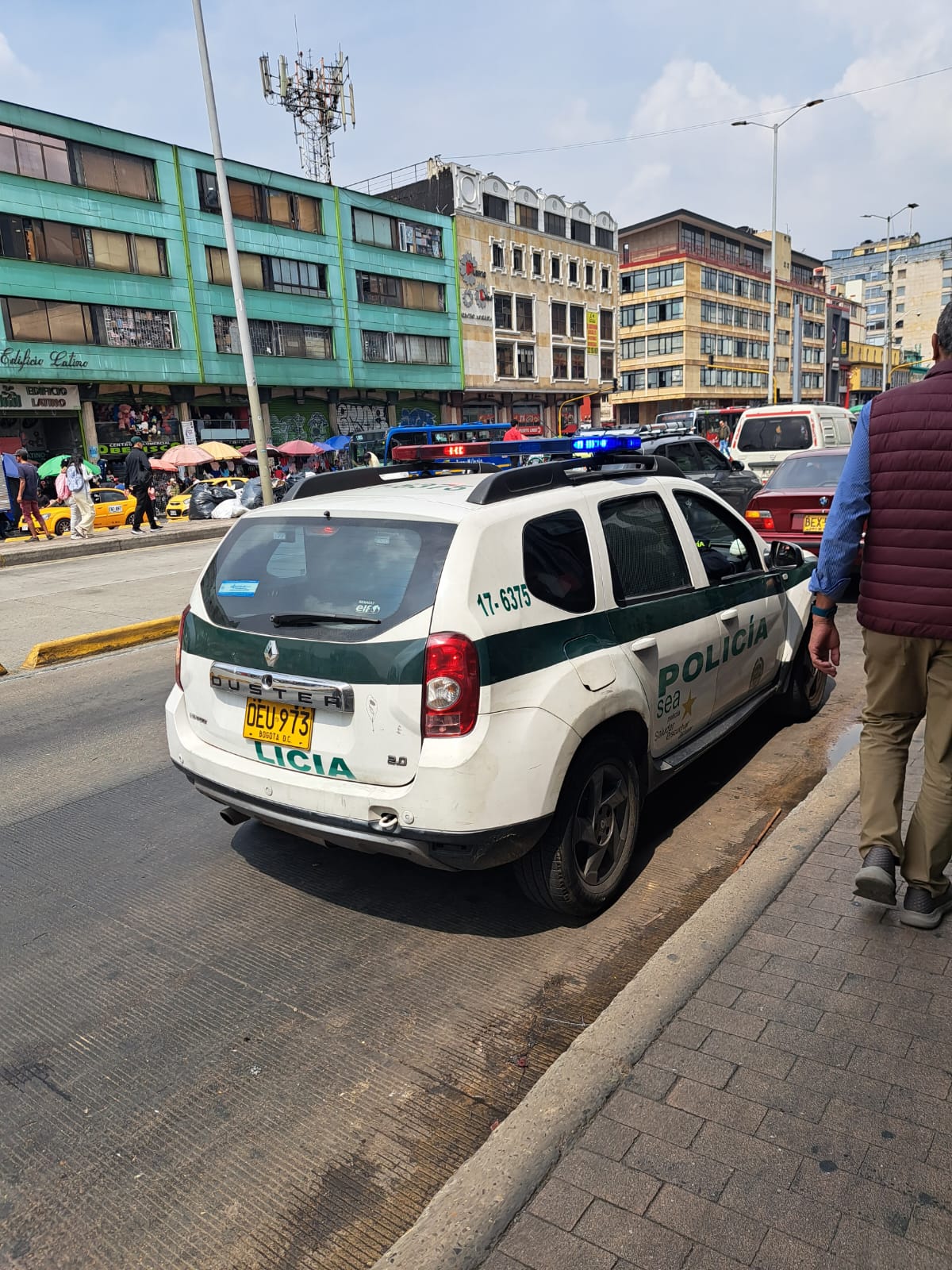Colombia has approved a long-overdue anti-noise law. But will it ever really be applied? Find out who’s making the noise here.
Last week, on the 10th December, the Colombian Senate approved the ‘Ley contra el ruido’, which now just awaits the presidential rubber stamp before being passed into law. It had broad crossparty support and is largely popular with the public. But why is it coming in?
The law looks to set up and oversee a national policy on noise pollution (Política de Calidad Acústica) in order to try and control a spiralling problem. While high decibel levels are hardly new, a range of factors have combined to make the problem more widespread. Some 70% of Colombians have had fights with neighbours over the issue.

Every municipio with over 100,000 residents will be tasked with both diagnosing their noise problems and drawing up plans to deal with it. The police, too, will be granted more powers to deal with noise, and a multa of up to 40 minimum salaries (around COP$50m).
As anyone who has been kept up late or woken early by excessive noise will know, it’s a peculiarly horrible thing to endure. In a country where many people are running chronically low on sleep due to long working hours, it’s even worse. Neither is this the will of the majority – a few bad actors ruin things for everyone else.
This mainly applies to house parties and celebrations. Most Colombians know how to have a good time and are supportive of the need for loud and noisy places to do that. The problem tends to come when this spills into areas traditionally set aside for relaxation and home living.
Although the law currently allows you to make complaints to the police about noisy neighbours, there is very little chance of much being done about it. At best, you might find the volume going down for a few minutes until the coppers sod off.
It’s not just humans who suffer, either. High noise levels are problematic for a range of birds in particular, many of whom have very sensitive hearing and can be confused and disoriented, making them vulnerable to predators or unable to hunt/forage.
Mammals, meanwhile, are terrified of certain sounds such as fireworks. Dogs, cats and horses in particular can bolt and get lost or struck by traffic. In extreme cases some will have severe stress reactions, up to and including cardiac arrest.
Underlying all of this is a deep worry that the law will be hard to enforce and that there will be a limited will to do so. After all, the police rarely use their powers already and this will be late callouts in the main. They can currently fine people up to 16 minimums (COP$20m), they just don’t.
With Christmas coming, there will be an opportunity to see if this is a genuine priority or just more legislation to be taken seriously on paper and ignored in reality. The law may not yet be in effect, but it could be a time to put down a marker. Sadly, that’s unlikely to happen.
Everybody, everywhere make some noise
While Bogotá may feel noisy to some outsiders, it’s exceptionally quiet by the standards of large urban conurbations in Colombia. 61% of rolos are dissatisfied with current noise levels. Many in the country see this as an explicitly regional divide, and with good reason.

In large swathes of the country, making a lot of noise is seen as an unarguably good thing. Indeed, many would argue that it’s part of their culture to live life to the full and share their music with everyone, free of charge.
Not doing so, in fact, is seen as cold, dry and dull – precisely the traits people outside the capital associate with Bogotá in any case. However, there are many in the regions that are absolutely fed up with noisy neighbours.
This all often spills over into outright regionalism, with the usual stereotypes being rolled out to describe everyone from a region. While those might be rooted in some realism, they quickly morph into familiar abuse, often racialised. So, too, the xenophobia typically targeted at Venezuelans.
With the city working as a regional melting pot, attracting migrants from all over the country and elsewhere, there is an element of culture shock here. Some locals resent others arriving with different norms of noise, whereas some new arrivals resent rolos frios telling them what to do.
So too is there an element of class dynamics here. In a large and expensive conjunto, there is more chance of parties being shut down quickly. For those in more humble barrios, it is a different story, with the police always reluctant to take action.
Who’s making all the noise in Colombia?
There’s a long list. The classic is the neighbour that puts on a party with a full sound rig in a cramped residential apartment. There is also a custom in some places of sticking a speaker outside the party to blast into the night.
Backyard pyrotechnics are common in certain seasons and places. As mentioned earlier, these are the bane of many pets and other animals. While large organised displays are also less than ideal, at least they’re flagged well in advance.
Unlicensed and irregular bars and clubs also create problems of noise, attracting large and unruly crowds outside, increased traffic and of course the noise from the establishment itself. These places often pop up in the middle of an otherwise residential barrio.
Whistling and yelling are common modes of communication for some people, especially if they’re already dealing with a lot of background noise themselves. Arguments can be problematic for people with paper-thin walls between them.
Yapping and howling dogs are a well known problem, with many pets abandoned in homes for hours upon hours. Sometimes they will be trapped on a balcony, broadcasting their distress to the neighbourhood. Even in urban areas, cockerels can sometimes be heard announcing the dawn chorus.
Vehicular noise is also off the scale, particularly with motorbikes. Worse still are the modified bicycles that many rappitenderos use, with two-stroke engines. There is apparently no control at all over those and they frequently make their rounds in the wee hours. Then there are airports, as urban sprawl comes up to their boundaries.
Roadworks often go on in the middle of the night to avoid disrupting daytime traffic. That’s perhaps a net gain for the city, but the cost to local communities is often a couple of weeks’ sleep lost.





